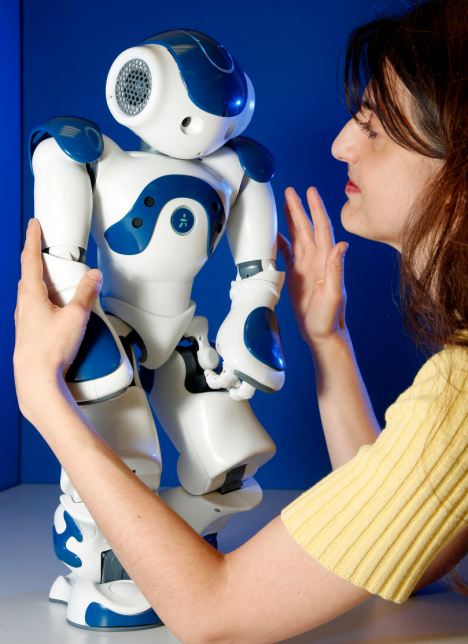
Bangalore: Japanese scientists claim to have created a two-legged robot which can carry a person, weighing up to 100 kgs.
A team at the Chiba Institute of Technology has developed the robot which is 6 feet 2 inches tall, thoroughly modern, and in possession of a remarkable pair of legs strong enough to carry weights up to 100 kgs in its stride.
The robot, called Core, is essentially just a pair of legs, which are able to bend and move around. Crucially, the legs are topped by a platform that can be loaded with weights of up to 100 kgs, the 'Daily Mail' reported.
It comes complete with shock absorbers and weighs in at around 36 stone. At the moment the device is a prototype but the scientists believe that Core could be used on building sites or even to move disabled people around.
Some bloggers have also speculated that the robot could have military purposes. The team at Chiba hope to have a fully finished mobility robot by 2012.
Comments
Post a Comment